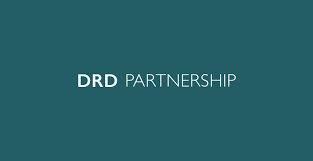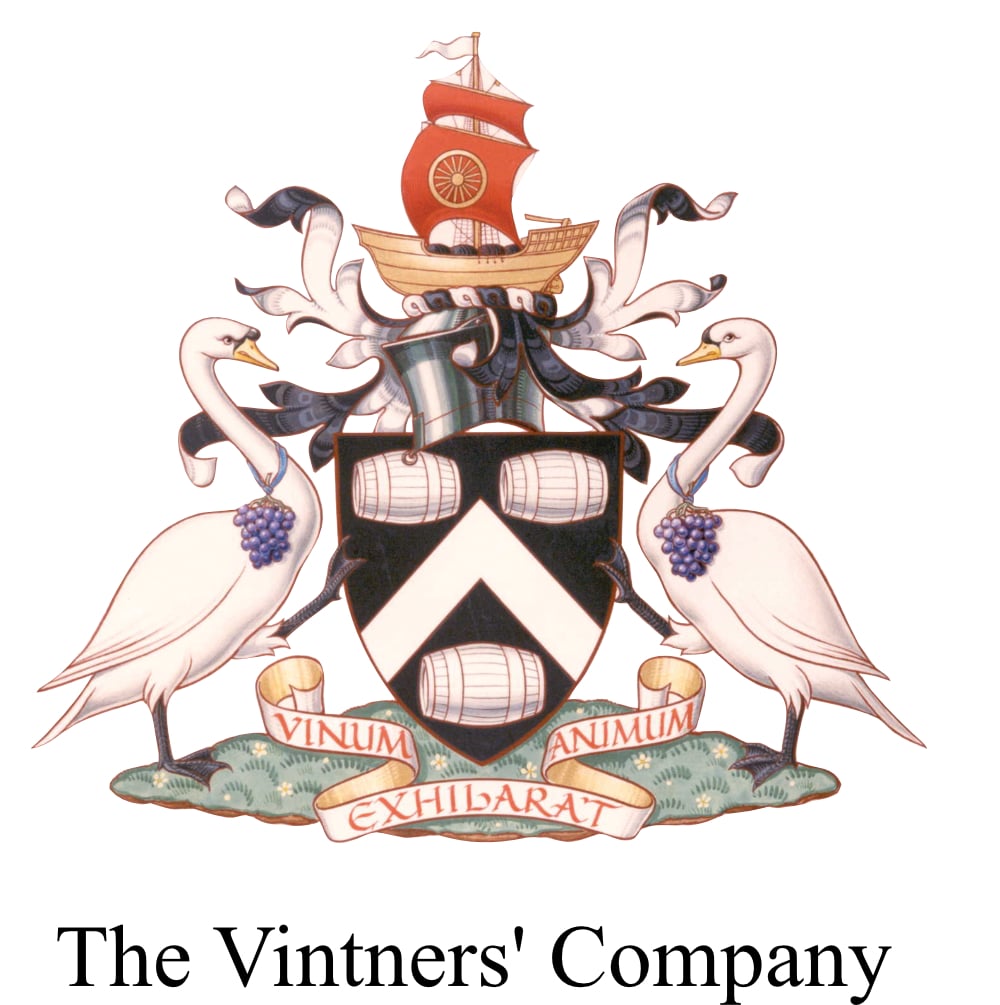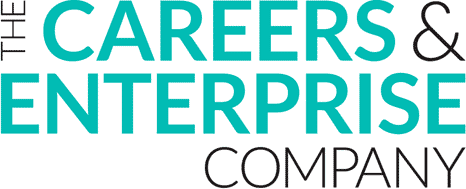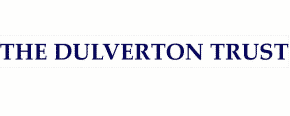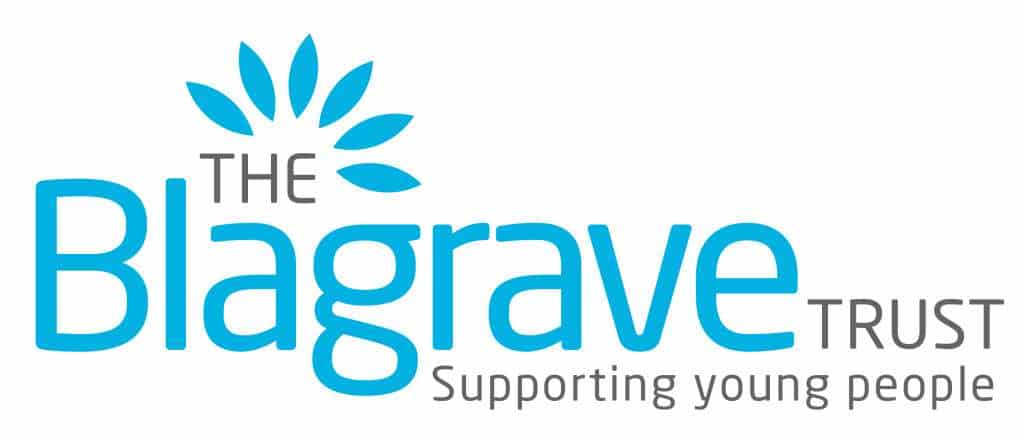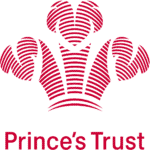In a poll of more than 1,500 teachers carried out by Teacher Tapp, with the findings released by the education charity Teach First, almost eight in 10 (79 per cent) said their pupils were not as ready to start work as they had been in previous years. And in another poll commissioned for the same Teach First report, almost three-quarters (72 per cent) of businesses were concerned about school leavers’ lack of soft skills.
Alumni can help.
Demystifying careers
Whilst our work is a simple concept, its impact is powerful. State school students told us, after meeting former pupils, they had a better understanding of the different pathways they might take. We saw an 18% uplift in students who left our workshops with an increased understanding that different career options are open to them, achieving above the national benchmarks. Alumni provide relatable employer encounters, whether plumbers and bricklayers, ambulance drivers and bakers, rocket scientists or accountants.
Other research has shown that the sweet spot for the number of encounters with employers to have an impact is four. Four encounters which will result in:
- Broadening young peoples’ horizons and raise their aspirations
- Excite children about subjects, increasing motivation, confidence and attitude to learning
- Challenge gender and social stereotypes
- Improve academic attainment at GCSE
- Increase young people’s earning potential
At a workshop in Wales, recently, I overheard Paige aged 13, say to an alumni volunteer ‘I
think we should do more sessions like these’. Paige had spent the last couple of hours talking to alumni who remember the very room they were in. She had the chance to speak to a Tesco store manager, a PHD student, a serial entrepreneur and business owner, an NHS Director, a youth worker and a social enterprise Director. Five people from all walks of life but with one thing in common; they went to Paige’s school. And they had an impact on Paige.
In a separate session, Nigel told us: “It has helped me to be my best self”. And a year 11 student at Bexhill High said: “The session has made me want to push myself, get the best grade I can get to keep my options open”.
School teaches us life skills
From time to time, we will all reflect on our time in school. Many of us will share wonderful memories and for some, not-so-wonderful memories. Sometimes, we hear people criticise school for not teaching them things relevant to the outside world. Our evidence disagrees. When our alumni volunteers go into schools, they share insights into their lives and their pathways; the conversation is so varied that last year we saw, on average, a 17% increase in the number of students who can see that what they learn in school is relevant to life outside of school. Alumni help young people connect their learning to the world around them: maths is necessary for scaling recipes, playing football and fitting carpets (and a lot more besides!).
The possibilities are endless
At Paige’s school, her teacher said they ‘chose students that needed a bit of extra support and exposure. Some of them don’t have positive role models at home’. Imagine the power meeting roles models can have when embedded into a child’s life at school, right through each phase of their education. Alumni networks grow in power over time – and they are easy to sustain: you just sign up school leavers every year and keep them engaged!
The transition from Primary to Secondary would be easier, the choices students make during their teenage years will be more informed, our young people would go through school feeling more equipped, more confident and more knowledgeable about what awaits them outside of the school gates. Alumni are an untapped but proven resource to help with this every step of the way.
But they are more than that too. Using our new technology, we see a world where all pupils have meaningful connections to people who can help them. Connections to volunteers who can advise and guide, provide internships, apprenticeships, work experience and promote job opportunities. We all know that professional networks work: that’s why all young people should have one.
Our end goal is simple, that every state school student has the tools and network to be what they can see. We are just at the beginning of this journey.
Leon Ward, Programme Innovations Director




